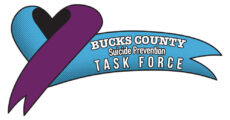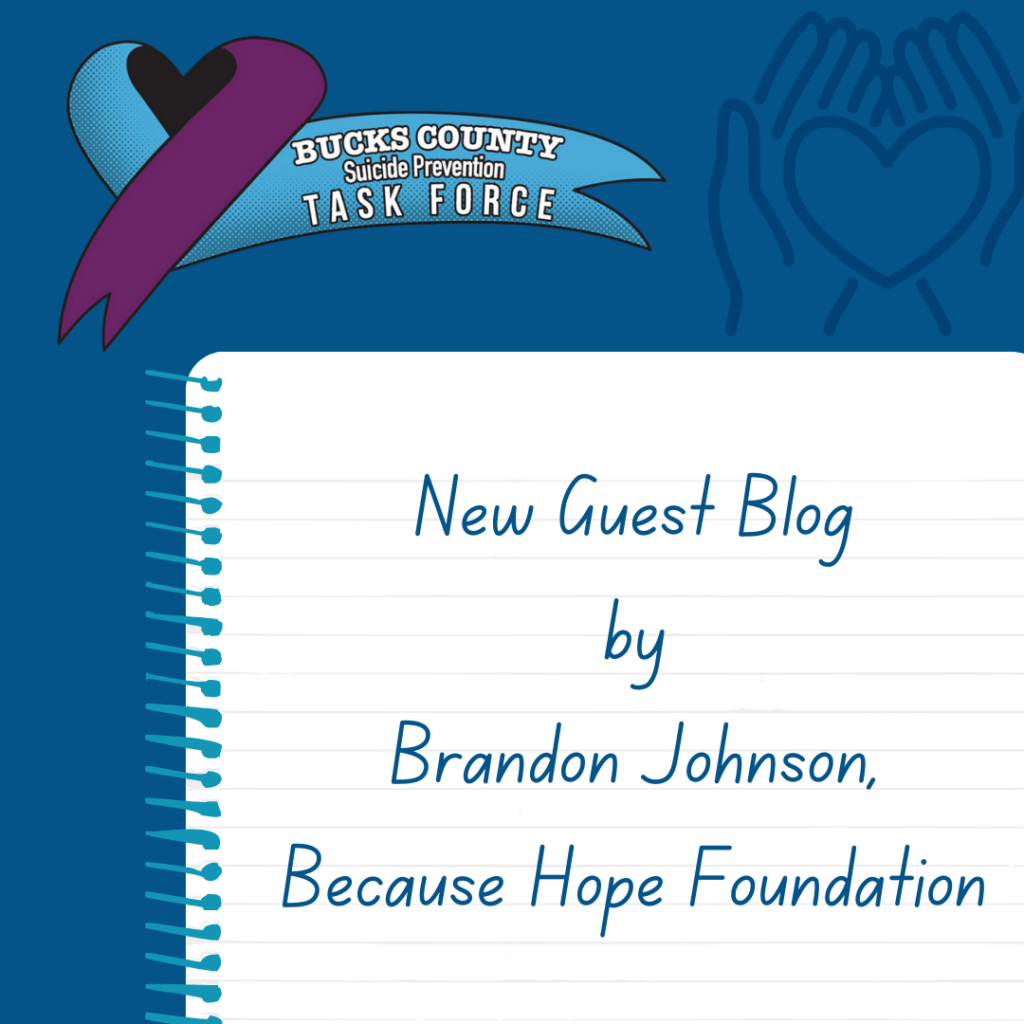On March 21st, 2012, my world was turned upside down when my brother Bradley lost his battle with depression. Our loving, caring, charming and funny brother decided to use a permanent solution to end his temporary pain. It is hard to understand, but growing up, we were taught to love our siblings more than we love ourselves, so a large part of me disappeared that day when he took my hero away from me. Unfortunately, this disease has taken so many amazing people like Bradley from this world and it will continue to do so if we don’t do something about it.
The most common question everyone asks is “was your brother depressed” or “did you know he was depressed”. For the first time in 11 years, I am not afraid to tell people what I refused to tell anyone for so long. I was the last person to speak to my brother before his suicide and I have spent the better part of every day since blaming myself for not hearing my brother’s sadness. There were so many days that I would sit a replay the conversation in my head and wonder how I did not figure out he was going to die by suicide a few days later. We talked about so many things, including his recent acting performance and how proud he was that I was coaching volleyball because I was making a difference in my players’ lives. Most days I struggle with this conversation and have so many questions. Why wouldn’t he have told me how much pain he was in? How could he possibly think the world was better off without him in it? Why didn’t I pay attention to some of the anger in his words? Didn’t he know how much it was going to hurt our family not having him with us? These are all questions that every survivor deals with daily because it is hard for us to understand that people who kill themselves feel like a burden to us and they cannot see the effects past the event itself.
As survivors of a loved one’s suicide, there are so many things that we are unaware of affecting our daily lives. What we don’t realize is that this trauma can leave so many dark clouds that impact how we behave and even how we experience things. After losing my brother, I always felt like I had to hide my pain and not show any weakness, never talking about my brother or even saying the word suicide to anyone. Deep down, I always felt like I didn’t deserve to be happy because I didn’t hear my brother’s sadness. For example, while I have enjoyed every moment with my niece and nephews, deep down, I used to always feel guilty that my brother was not here to experience these miniature versions of my sisters, his favorite people in the world.
For 11 years, hidden guilt like this ran my life and I believed I couldn’t let anyone see the real me. Unfortunately, I never realized the need to ask for help until I lost something very special to me. A few years ago, I finally met a woman I knew was the one for me for the first time ever. Her character, values, personality, positive nature, and shared interests were all something I thought I would never find in someone. While we talked on and off for a very long time, I could never figure out why we didn’t end up together, until I finally realized there were dark clouds that kept us from forming that deeper connection that I know we should have. Unfortunately, she had never met this current version of me, just the broken version of myself that I didn’t even know was there.
Once I finally reached my breaking point and asked for help, my therapist helped me find so many hidden thought patterns that I would have never found on my own. She helped me figout out that those thought patterns all stemmed from my constant guilt remaining from Bradley’s suicide. Some examples of these uncontrollable thoughts were:
Ø I played a role in my brother’s suicide, and I don’t ever deserve to be happy.
Ø Not hearing the pain in his words is unforgiveable.
Ø I need to make sure my nephews don’t end up like my brother and me.
Ø At times, believing my own best friends don’t even like me.
Ø My brother didn’t love me, how could someone as amazing as her ever love me.
Ø She deserves better than me.
All these feelings, along with so many others, left me constantly self-sabotaging anything good that came into my life. Without finally making the call for help, I would never have been able to get rid of that damaged version of myself and I would never have realized that the constant self-sabotaging, second guessing, and overthinking tied directly to my brother’s suicide. This version of myself knows how much my brother loved me and that I can finally be myself again all because I asked for help.
No, this is not meant to be a sob story, but rather a push in the back for anyone that has ever considered suicide, a survivor of suicide, or has lost someone close to suicide. There are so many people that want to help you. Friends, family members, the Suicide Prevention hotline, or even licensed professionals are all here for you to help you find yourself again. Don’t wait to lose something important to you to give you the desire to ask for help. Take this as encouragement to think outside your normal thought patterns and go outside your comfort zone to find your own light in your darkness.
As men, we are conditioned to believe that we are weak if we speak about our feelings or ask for help. And as survivors, we not only have to battle the loss of our loved one to this horrible disease, but also the unknown effects that can ruin our lives if we allow it. It is time to end the stigma around mental health and understand that it’s okay to not be okay. My one piece of advice to everyone reading this is to be strong. Ask for help through the darkest times because the world is NOT better off without you in it.
The Because Hope Foundation was created to fight the battle against suicide and to raise awareness about the importance of talking about Mental Health. The importance of ending the stigma surrounding talking about mental health is critical in the fight against suicide. Depression that is untreated, undiagnosed, or ineffectively treated is the number one cause of suicide. Our mission is to end the stigma that surrounds talking about mental health and asking for help. Many people will tell you that there is no cure to end suicide. As an organization, our goal is to spread the word that providing hope is the key to suicide prevention. If you can be that one person to provide that glimmer of hope for just one person you might just save a life, because hope heals.
Please visit www.becausehopefoundation.com for more details on our mission, upcoming events, and getting involved in the fight against suicide.
If you or someone you know is struggling or in crisis, help is available 24/7
National Suicide Prevention Lifeline: Call or text 988 or chat 988lifeline.org
National de Prevencion del Suicidio: 888-628-9454
The Trevor Lifeline: 866-488-7386
The Trans Lifeline: 877-565-8860

